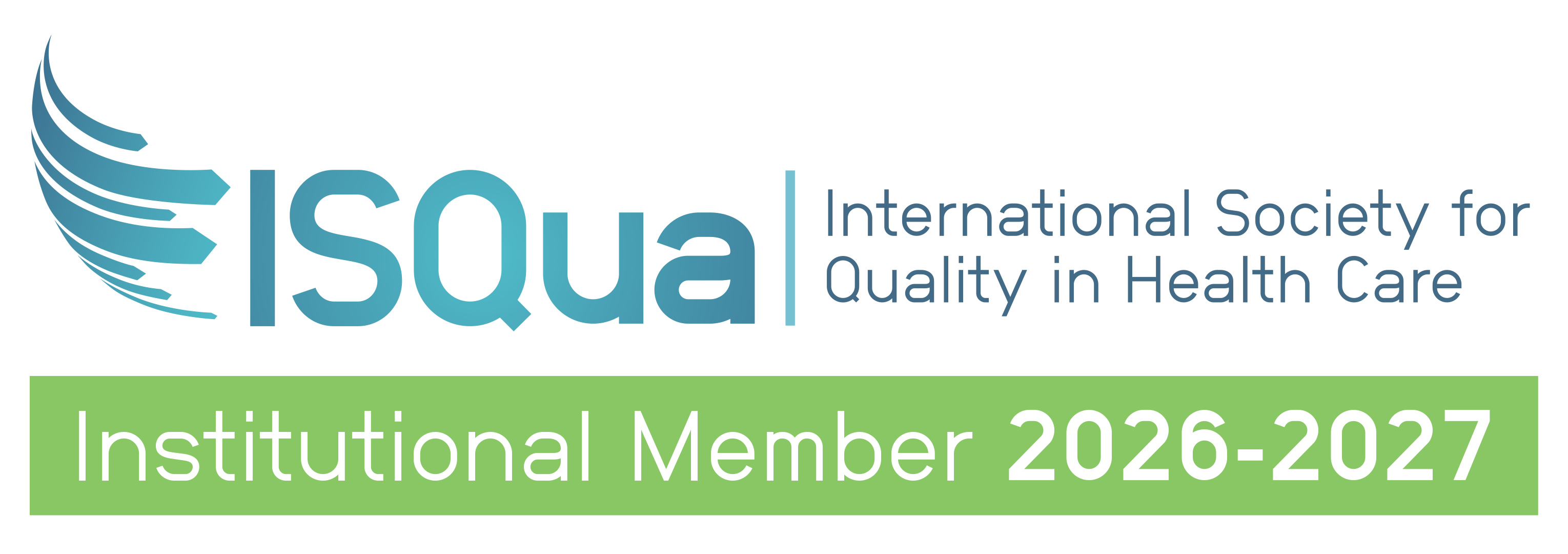.png?width=800&auto=format)
The Power of Data: Lessons from an expert demographer on tackling skill shortages in healthcare
Key takeaways and demographic predictions for healthcare professionals from our Masterclass with Mr Simon Kuestenmacher.
Addressing the challenges facing the Australian healthcare system can be complex and multi-faceted. It is great to gain insights and opinions from a variety of sources, which is why we were so grateful to hear from expert demographer, Mr Simon Kuestenmacher, on the profound impact demographic trends can have on our healthcare system. During our exclusive Masterclass between our Improvement Academy Director, Assoc Professor Bernie Harrison and Mr Simon Kuestenmacher, Director and Co-founder of The Demographics Group, we discussed key defining trends of Australia’s population and what this means for healthcare.
According to Mr Kuestenmacher, one of the biggest demographic challenges to Australia’s healthcare is skill shortages accompanied by its ageing population. UN population projections predict that the annual growth of Australia’s population aged 85 and over will more than triple over the next decade. Almost half of this population group will require some form of assistance with activities of daily life. Meanwhile the population of those aged 25 – 33 years will decline over the next decade. The skill shortage for these workers will increase and hiring staff will be a major challenge. Global population data suggests that reduced migration will further exacerbate these skills shortages. Growth of the population classed as working age and of ‘migration age’ (18 – 39 years) will stagnate as early as the 2030s.
“We all know that it is expensive to grow old as a nation, but it is also labour intensive.” said Mr Kuestenmacher
When it comes to improving labour capacity it’s about embracing artificial intelligence and smart systems.
“We need to eliminate any kind of process that requires medically trained person to do admin work.”
However, the matter of addressing skill shortages goes beyond changes at an organisational level.
“We need to significantly restructure the way we deliver care and medical services to the aging population,” said Mr Kuestenmacher.
Attracting and retaining talent in healthcare is a challenge but an imperative to meet population demands.
“You want to make sure that you are a very attractive employer and sponsor workers as long as you can because it will only get harder,”
“Our visa system needs a massive overhaul...we need to have a very clear, predictable and cheap pathway from international student to citizenship,”
“We want to integrate those people as fast as possible into the system.” said Mr Kuestenmacher.
Attracting staff particularly to regional areas is a matter of having affordable housing in the area.
“I urge you if you just happen to build a new hospital as a new major development, throw housing into the mix; build housing as well as develop staff housing.”
“If you offer affordable housing to your staff you can snatch up workers from less affordable destinations and take a whole of community approach where we say how can a community work together to understand the skills shortage as a serious problem; how can we rezone and how can we develop a sufficient housing stock?”
“The smaller your region or your city, the better you are placed to actually make something happen because local decision makers have more of a direct influence,”
“As a systemic issue this is where you need constant lobbying towards regulators or whoever is responsible.” said Mr Kuestenmacher.
It is obvious there is not a single solution to the skill shortage in healthcare, but it is great to raise the awareness to this issue and start looking for strategies and solutions. Thank you to Mr Simon Kuestenmacher for joining us and sharing his ideas and experiences.
The Improvement Academy regularly host member exclusive Masterclasses that feature an influential public figure who have led key projects, research and/or field work within the healthcare space.
You can listen to our previous Masterclasses in full on our e-learning Platform.

